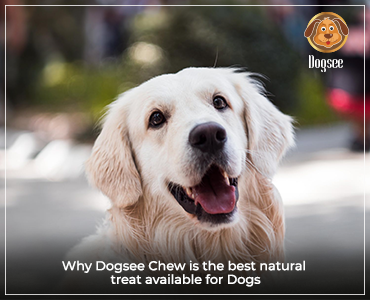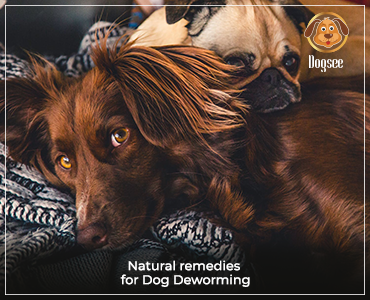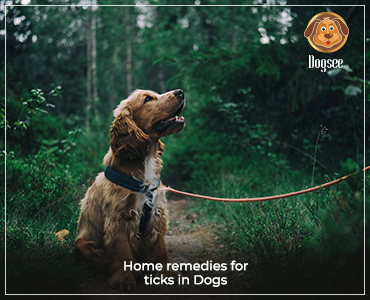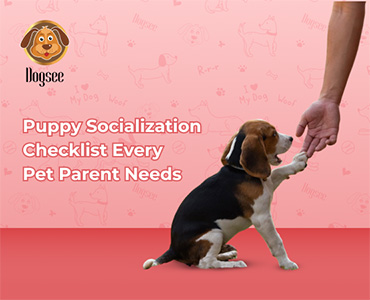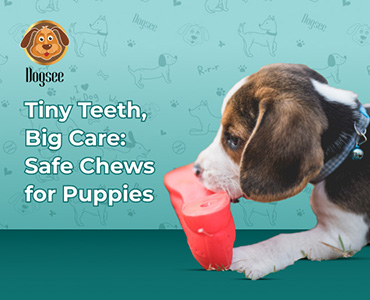
Dogs are known for their affectionate nature, and one of the most common ways they show their love is through licking. Whether it’s a quick lick on the hand or an enthusiastic slobber across your face, many pet parents have experienced this behavior.
While it’s often seen as a sign of affection, licking can mean much more than that. For dogs, licking is a complex behavior rooted in their instincts, emotions, and communication methods.
This blog will explore the various reasons why dogs lick people, delve into the meaning behind this endearing (and sometimes puzzling) habit, and explain the most common motivations for this behavior.

Why Do Dogs Lick You?
Licking is a natural behavior for dogs that serve multiple purposes. From the moment they are born, puppies get licks from their mother, who does it to clean them and stimulate their bodily functions. This initial experience establishes licking as a key form of communication and bonding.
As dogs grow, their licking behavior evolves to include a broader range of functions. Dogs lick to show affection, explore their surroundings, communicate with their human companions, and even self-soothe. For humans, understanding the motivation behind a dog’s licking can deepen the bond between the pet and the pet parent and ensure their needs are being met.

7 Common Reasons Why Dogs Lick You
1. Affection and Bonding
One of the most common reasons dogs lick people is to show affection. Licking releases endorphins in dogs, making them feel happy and relaxed. This behavior is similar to how humans hug or kiss their loved ones. By licking you, your dog is expressing their love and reinforcing their bond with you.
This form of affection is often observed when you return home after being away. Your dog’s excited licks are their way of saying they missed you and are thrilled to have you back. The act of licking also triggers positive reactions from their humans, further encouraging this behavior.
2. Communication and Attention-Seeking
Dogs use licking as a way to communicate their needs and seek attention. If your dog licks you persistently, they might be trying to tell you something. This could range from signaling hunger or thirst to simply wanting to play or cuddle. The question of why dogs lick is often tied to their ability to learn that licking elicits a response from their owners, such as petting or talking, which reinforces the behavior.
In some cases, licking can also be a sign of submission or deference. By licking, a dog may be showing respect and acknowledging you as their leader or protector.
3. Exploration and Sensory Experience
Dogs explore the world through their senses, and licking is an essential part of this process. A dog’s tongue can detect tastes, textures, and even chemical signals from your skin. For instance, if you’ve been sweating, your dog might lick you to taste the salt or explore the scents on your skin.
This sensory exploration helps dogs understand their environment and connect with their human companions. This is also the reason why dogs often lick items like clothing or furniture that carry your scent.

4. Stress Relief and Self-Soothing
For some dogs, licking serves as a coping mechanism to deal with stress or anxiety. Similar to how humans might bite their nails or fidget, dogs may lick themselves or their owners to calm down. The repetitive motion of licking can have a soothing effect on a dog’s nervous system, helping them feel more relaxed.
If your dog’s licking seems excessive or compulsive, it might be worth consulting a veterinarian or a behaviorist, as this could indicate underlying anxiety or other health issues.
5. Health-Related Reasons
In some cases, a dog’s licking behavior could be related to their health. Dogs lick wounds or sores naturally, as their saliva contains enzymes that can aid in cleaning and healing minor injuries. If your dog focuses on licking a particular area of your body, it might be worth checking for cuts, scrapes, or even underlying conditions that they might detect through scent.
Additionally, excessive licking could indicate allergies, dry skin, or dental problems. If your dog’s licking behavior is accompanied by other symptoms, such as redness or irritation, it’s essential to consult a veterinarian.
6. As a Way to Explore Their Environment
Dogs experience the world differently than humans, relying heavily on their sense of smell and taste. When they lick you, they might be trying to learn more about you. Your skin carries a wealth of information, from scents to residues of food or lotion, that can pique your dog’s curiosity.
Puppies, in particular, use their mouths to explore their surroundings, and licking is a natural extension of this behavior. Even as adult dogs, they continue to use licking as a way to gather sensory information.

7. Because It’s a Learned Behavior
Over time, your dog may have learned that licking gets a positive reaction from you. Whether it’s a laugh, a pat on the head, or verbal reassurance, your response reinforces the behavior. This learned association can make licking a habitual way for your dog to interact with you.
For example, if you’ve rewarded your dog with treats or attention when they lick you, they’re likely to repeat the action. This doesn’t mean you should discourage all licking, but understanding its learned nature can help you manage it better if it becomes excessive.
Managing Excessive Licking

licking is a normal and natural behavior, some dogs may take it to an extreme. Excessive licking can be bothersome or even signal an underlying issue such as anxiety or a medical condition. Here are a few tips to manage it:
Redirect the Behavior: Offer your dog a chew toy or engage them in an activity to divert their attention. The best way to do so is by giving them a chew treat such as our Dogsee Himalayan Yak Cheese Chew that keeps your dog engaged for hours and acts as a stressbuster.
Set Boundaries: Gently discourage licking by removing your hand or stepping away when it becomes excessive.
Identify Triggers: Pay attention to situations that prompt excessive licking and address any underlying causes, such as stress or boredom.
Consult a Vet: If you’re concerned about your dog’s licking, consult your veterinarian to rule out any medical issues.
Conclusion
Dogs lick for a variety of reasons, making it a multifaceted behavior that serves purposes ranging from showing affection to exploring their environment. Understanding why dogs lick you can help strengthen your bond and ensure their needs are met. Whether it’s a sign of love, communication, or even a way to soothe themselves, licking is a natural and meaningful part of a dog’s behavior.
As a responsible pet parent, it is important to observe your dog’s licking habits and respond appropriately. If the licking is excessive or seems tied to health or emotional issues, seeking professional guidance can help address the underlying cause. Incorporating healthy treats like Dogsee into their routine can also serve as a positive distraction and reward, helping to redirect their behavior constructively. Ultimately, recognizing and appreciating your dog’s unique way of expressing themselves will deepen the special connection you share with your furry friend.
Frequently Asked Questions (FAQs):
1. Is it safe to let my dog lick my face?
Answer: While a dog’s saliva has some antibacterial properties, it also carries bacteria that could potentially cause harm. If you allow your dog to lick your face, ensure they’re healthy and up-to-date with their vet care.
2. Why do dogs lick their own wounds?
Answer: Dogs instinctively lick their wounds because their saliva contains enzymes that may help clean and heal minor injuries. However, excessive licking can lead to irritation or infection, so it’s essential to monitor the behavior.
3. Can licking be a sign of anxiety in dogs?
Answer: Yes, dogs may lick excessively as a coping mechanism when they are stressed or anxious. It’s their way of self-soothing in uncomfortable situations.
4. Do dogs lick you because they like your taste?
Answer: Sometimes! Dogs may lick you because your skin tastes salty or because they enjoy the flavor of lotions or other products on your skin.
5. How can I stop my dog from licking too much?
Answer: To reduce excessive licking, redirect their attention with toys or activities. Positive reinforcement training can also help discourage over-licking.
Don't forget to follow us on Instagram and Facebook so that you stay up-to-date about our latest products and promotions.
 HELPFUL1 people found it helpful
HELPFUL1 people found it helpful
Related Blogs
Subscribe to Our Blogs
and never miss on the latest update!









